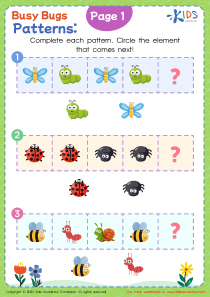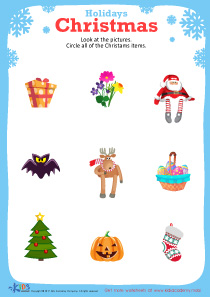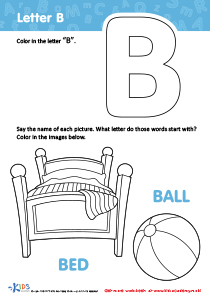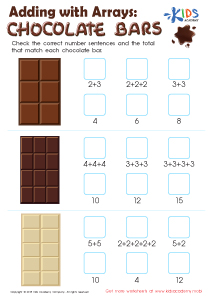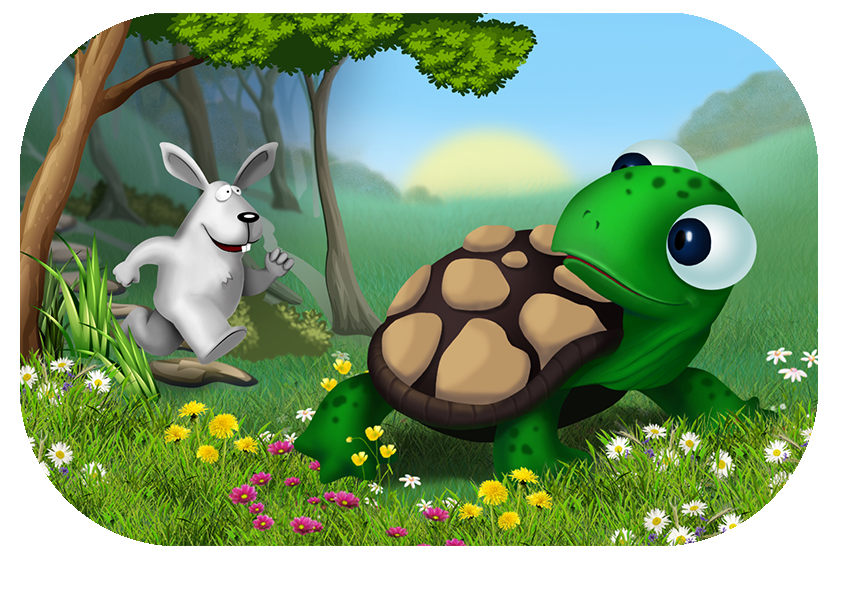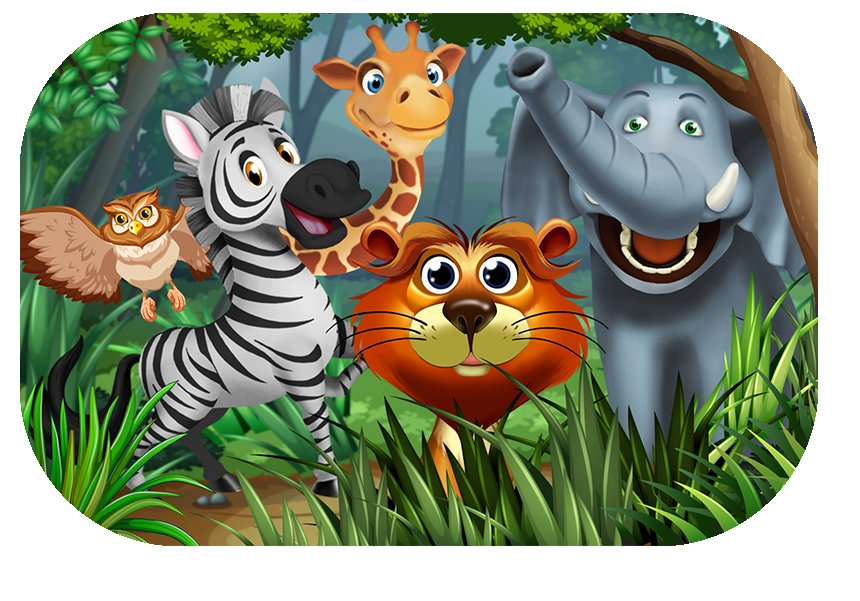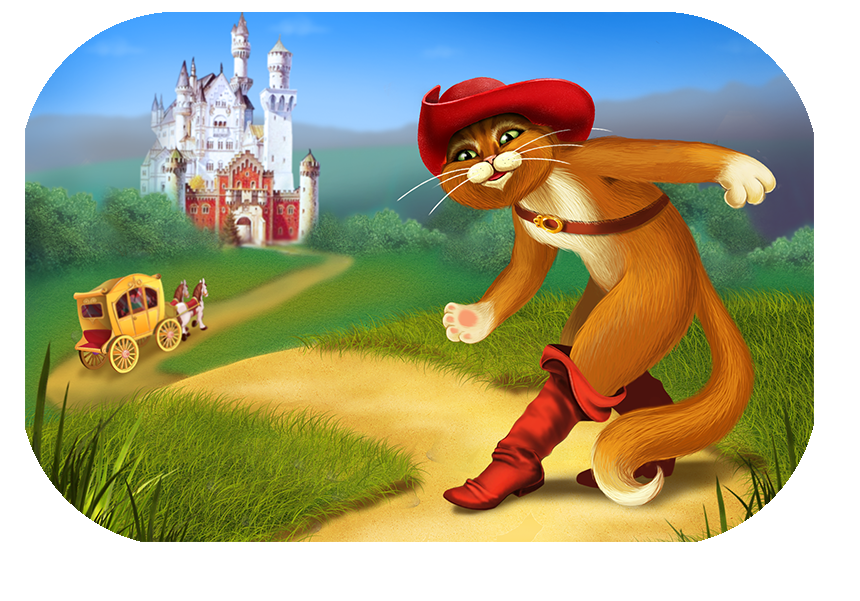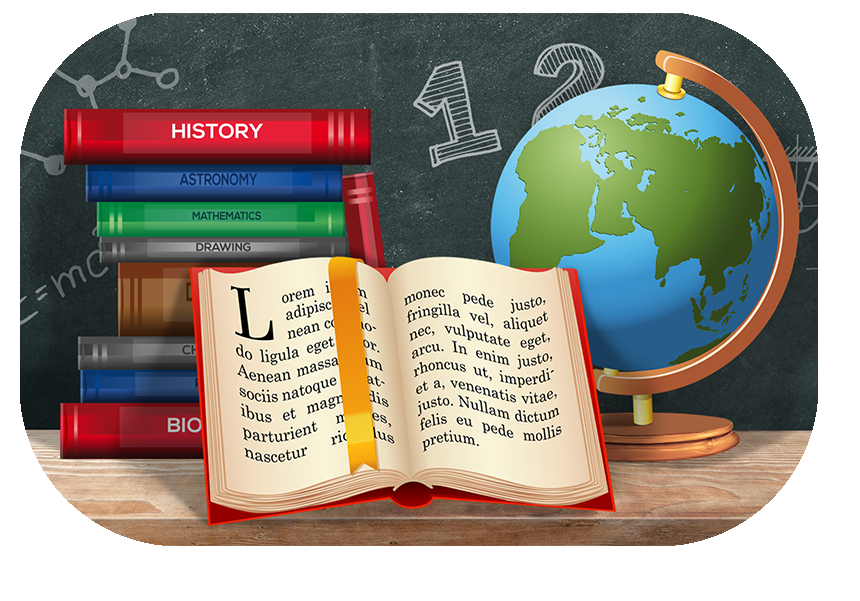English Language Arts Lessons | Common Vocabulary, Kindergarten
0 results
Introducing our Common Vocabulary Lessons designed to help Kindergarten children learn and improve their literacy skills. Our interactive worksheets cover a wide range of words commonly used in everyday conversations. The lessons are designed to be engaging and interactive, making learning fun for kids. They are accompanied by educational videos that add variety and multi-sensory experiences to the learning process. Our assessment quizzes provide an excellent tool to measure progress, ensuring that every child gets the most out of the program. Our Common Vocabulary Lessons are ideal for parents and teachers looking to support their Kindergarten children's literacy and language development.
Common Vocabulary Lessons are an essential part of any child's education. They are designed to help students learn and understand common words that they will encounter in their daily lives. These lessons focus on developing vocabulary skills, which are crucial for academic success. Here is a look at some of the ways that Common Vocabulary Lessons can be helpful to children in their studies.
1) Improve Communication Skills
One of the most significant benefits of Common Vocabulary Lessons is that they teach children how to communicate effectively. When students have a larger vocabulary, they can express themselves more clearly and concisely. Improved communication skills help students feel confident when speaking, and they can effectively express their ideas and thoughts. Understanding words and their meanings is a crucial aspect of effective communication.
2) Enhance Reading Comprehension
Another way Common Vocabulary Lessons can be helpful to children is by enhancing reading comprehension. When students read books, they might come across unfamiliar words. If they don't know the meaning of these words, they might struggle to understand the text. Common Vocabulary Lessons help students learn new words so that they can better comprehend what they are reading.
3) Boost Writing Skills
Common Vocabulary Lessons also help to boost writing skills. When students have a larger vocabulary, they can write more detailed and sophisticated sentences. They can use adjectives and adverbs to describe their characters, settings, and events effectively. A rich vocabulary also allows students to avoid using the same word repeatedly, making their writing more engaging and interesting.
4) Develop Critical Thinking Skills
Common Vocabulary Lessons can aid in developing critical thinking skills as well. Students must interpret new words and understand how they relate to the context in which they appear. This thought process helps to develop analytical and critical thinking skills, requiring students to be able to piece together information from different sources to come to a conclusion.
5) Improve Standardized Test Scores
Standardized tests often use challenging vocabulary to test a student's knowledge. By incorporating Common Vocabulary Lessons into their studies, students become well-informed about many challenging words they might encounter on these tests. Common Vocabulary Lessons also encourage curiosity in learning new words, creating an inclination for lifetime learning and informing their speech proficiency in both speaking and writing.
In conclusion, Common Vocabulary Lessons can be incredibly helpful to children in their studies. A robust vocabulary promotes effective communication, enhances reading comprehension, boosts writing skills, develops critical thinking skills and leads to higher standardized test scores.

